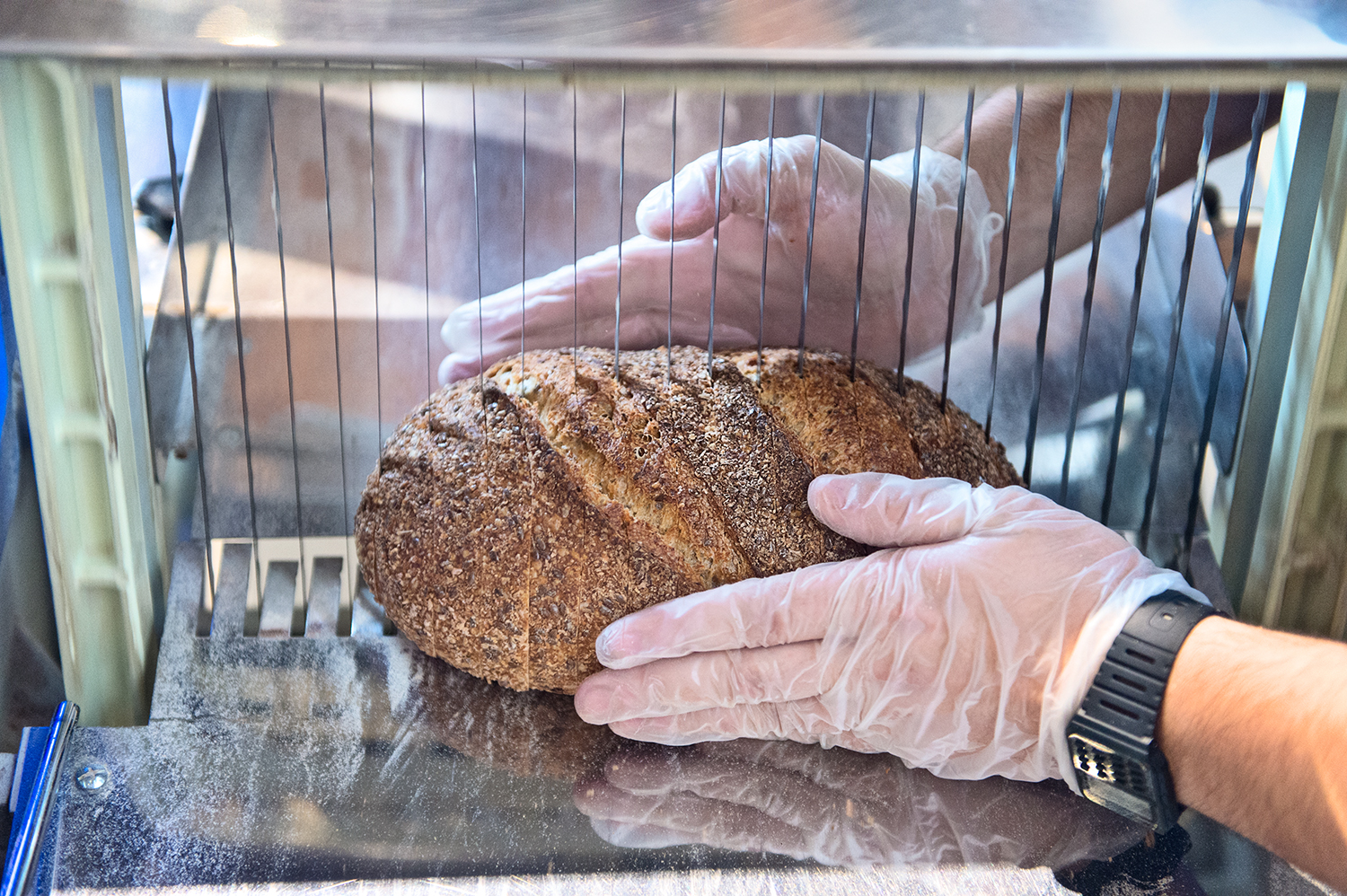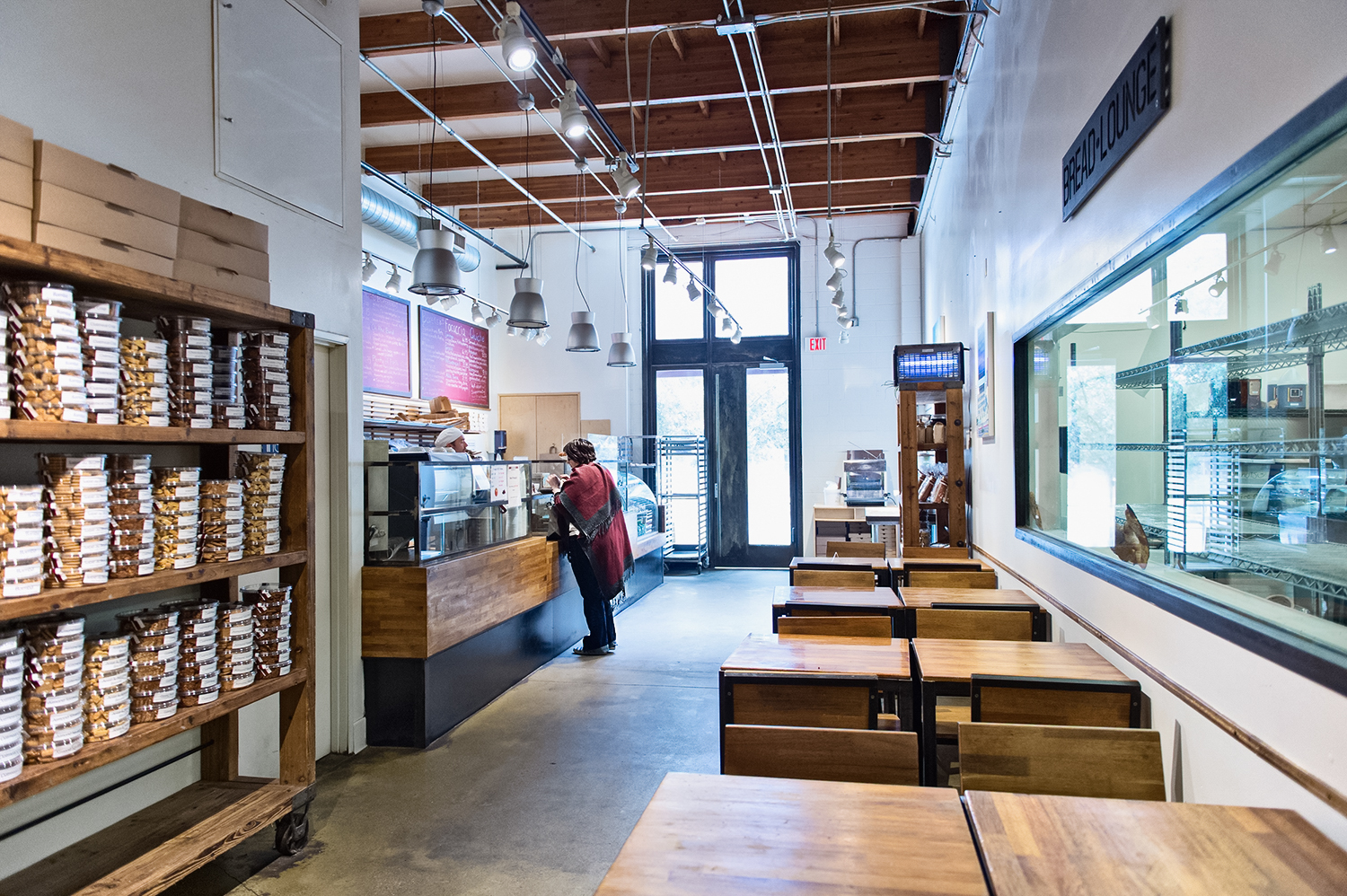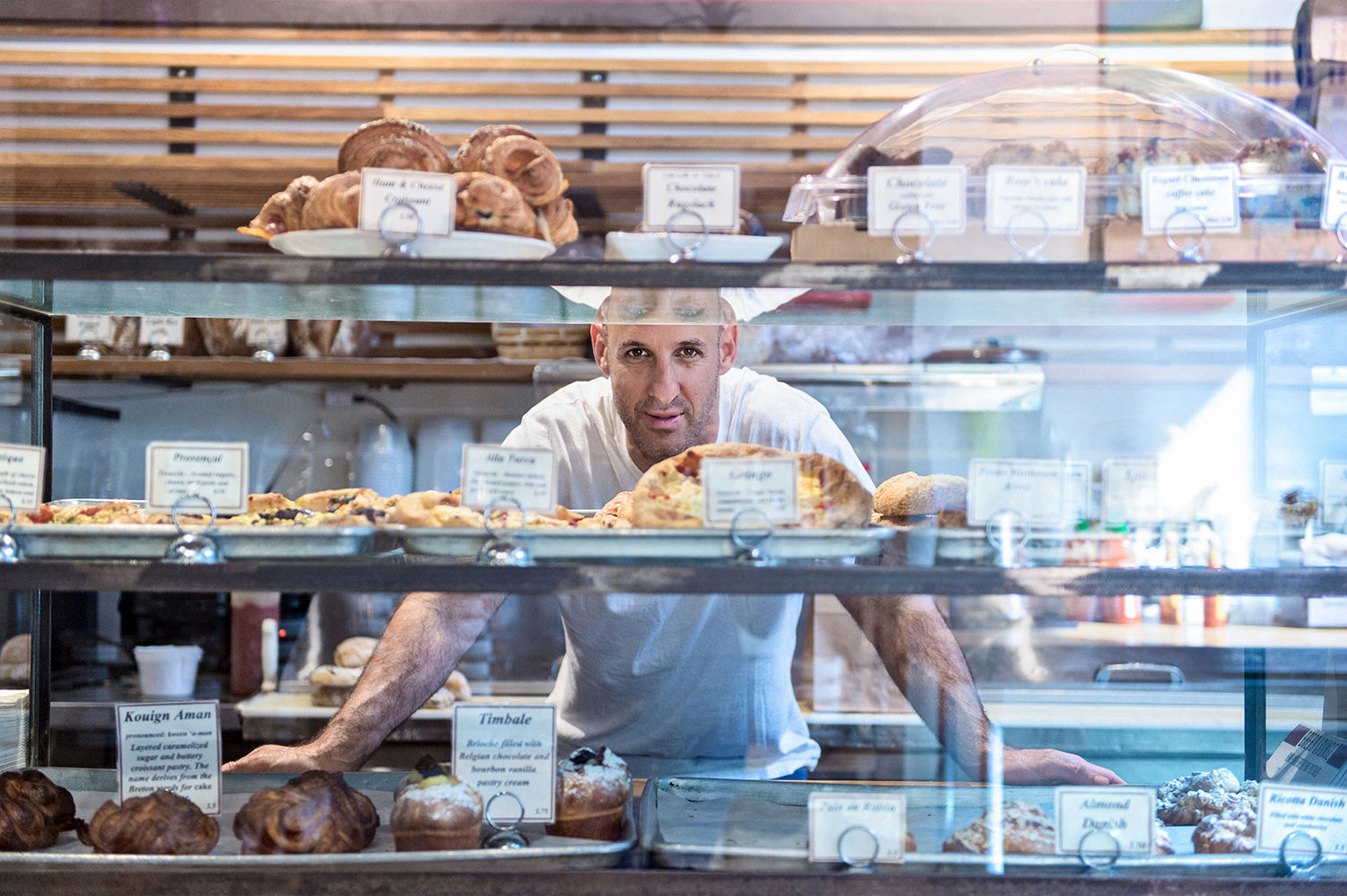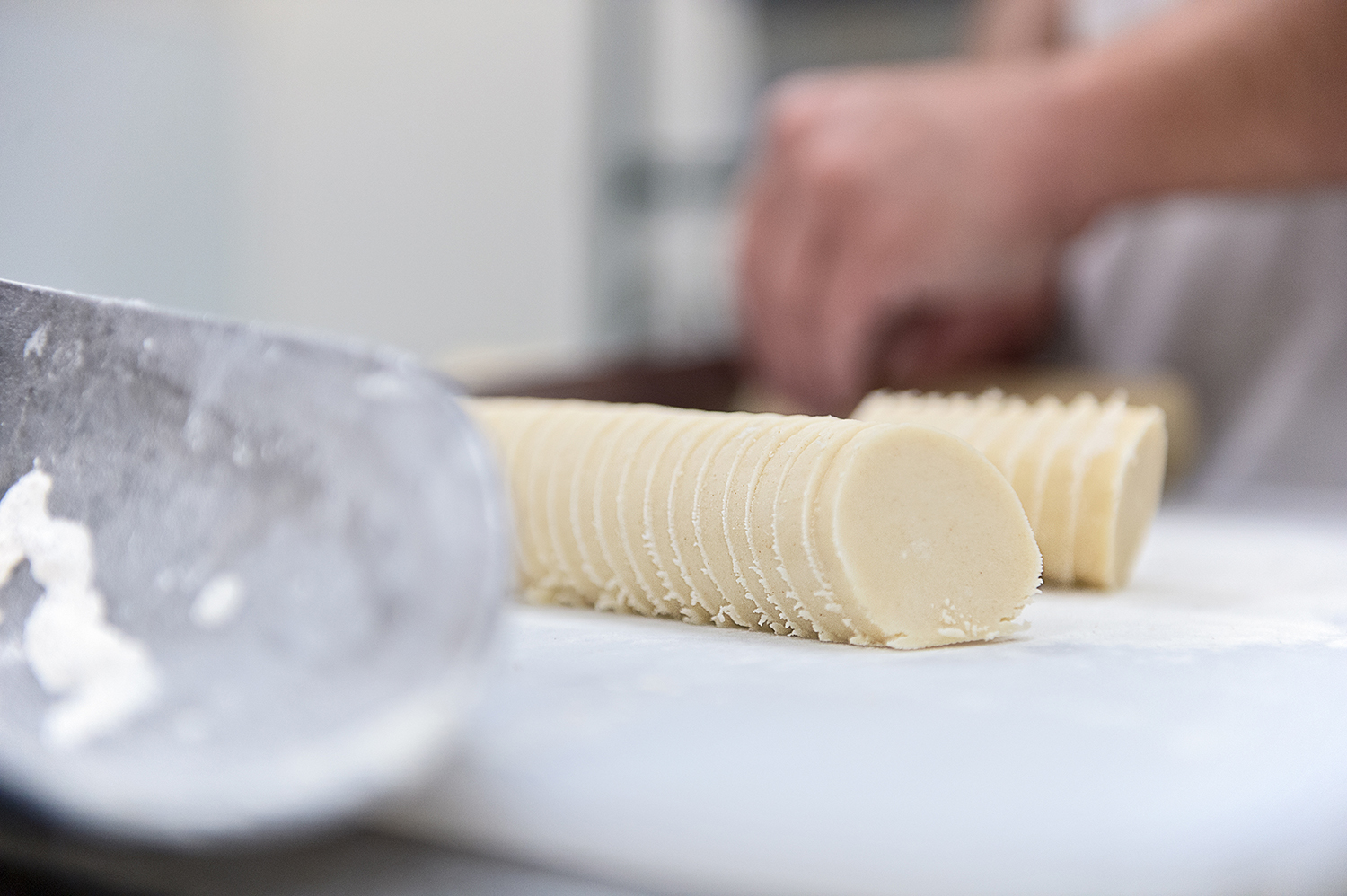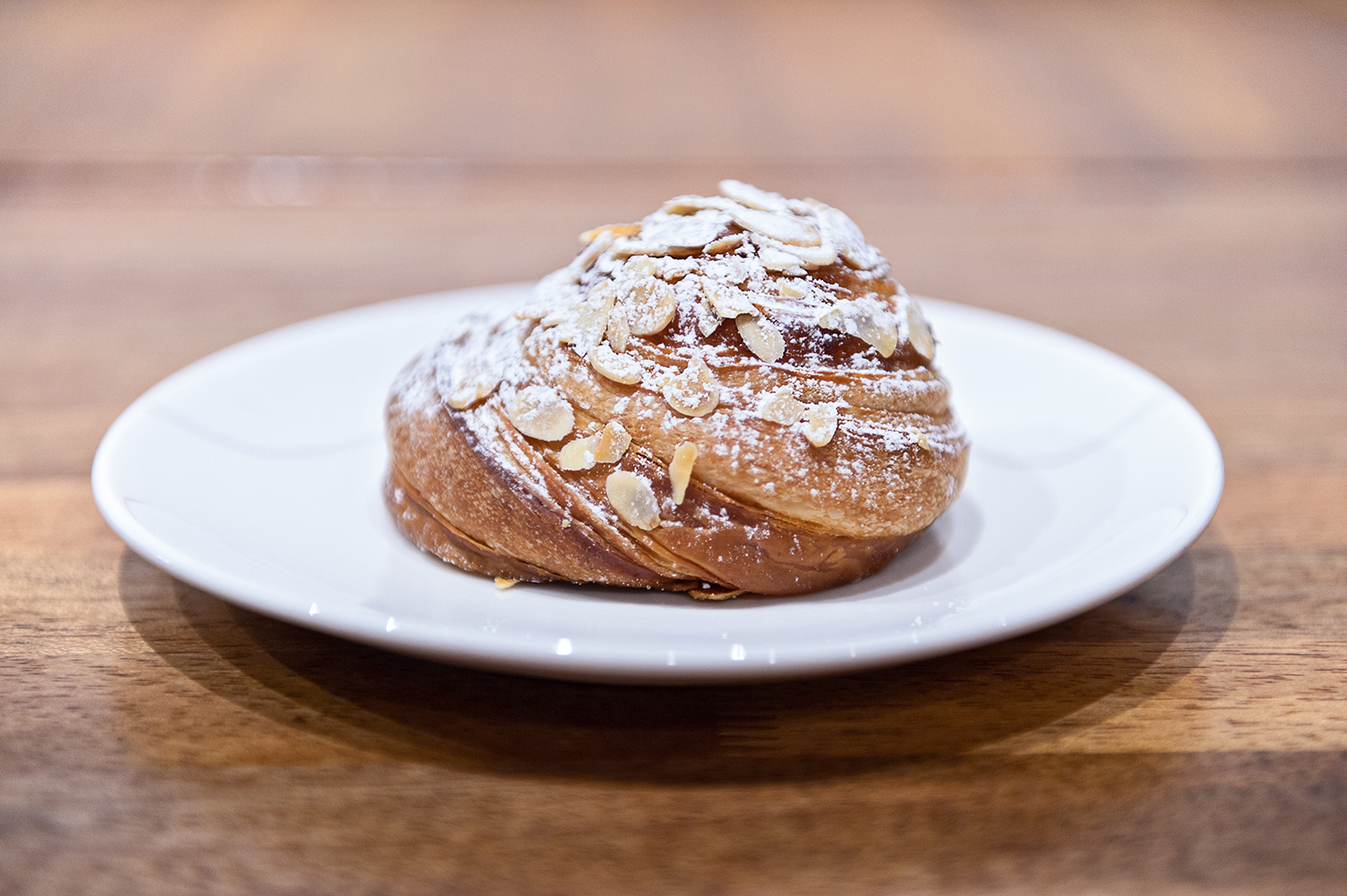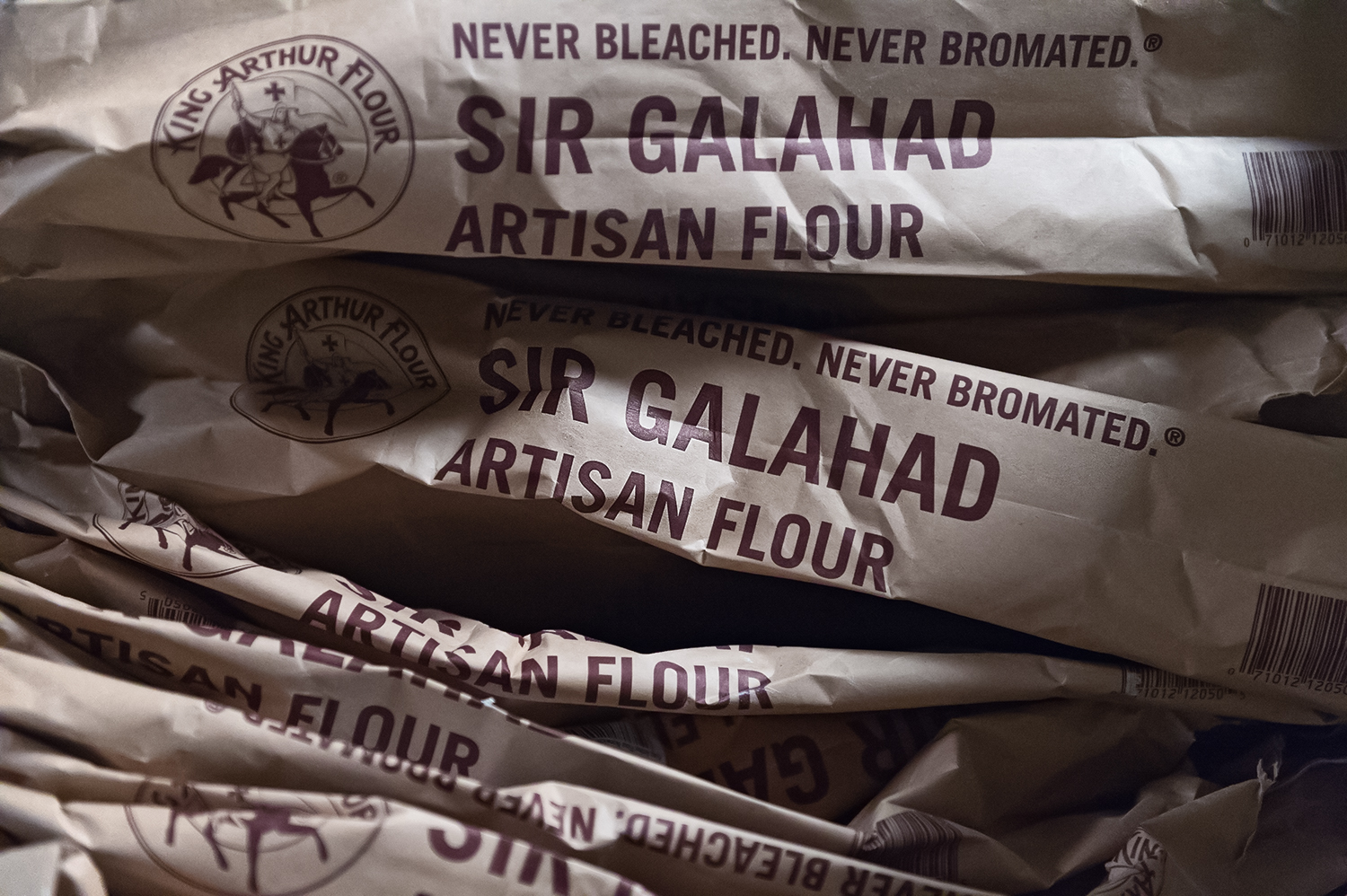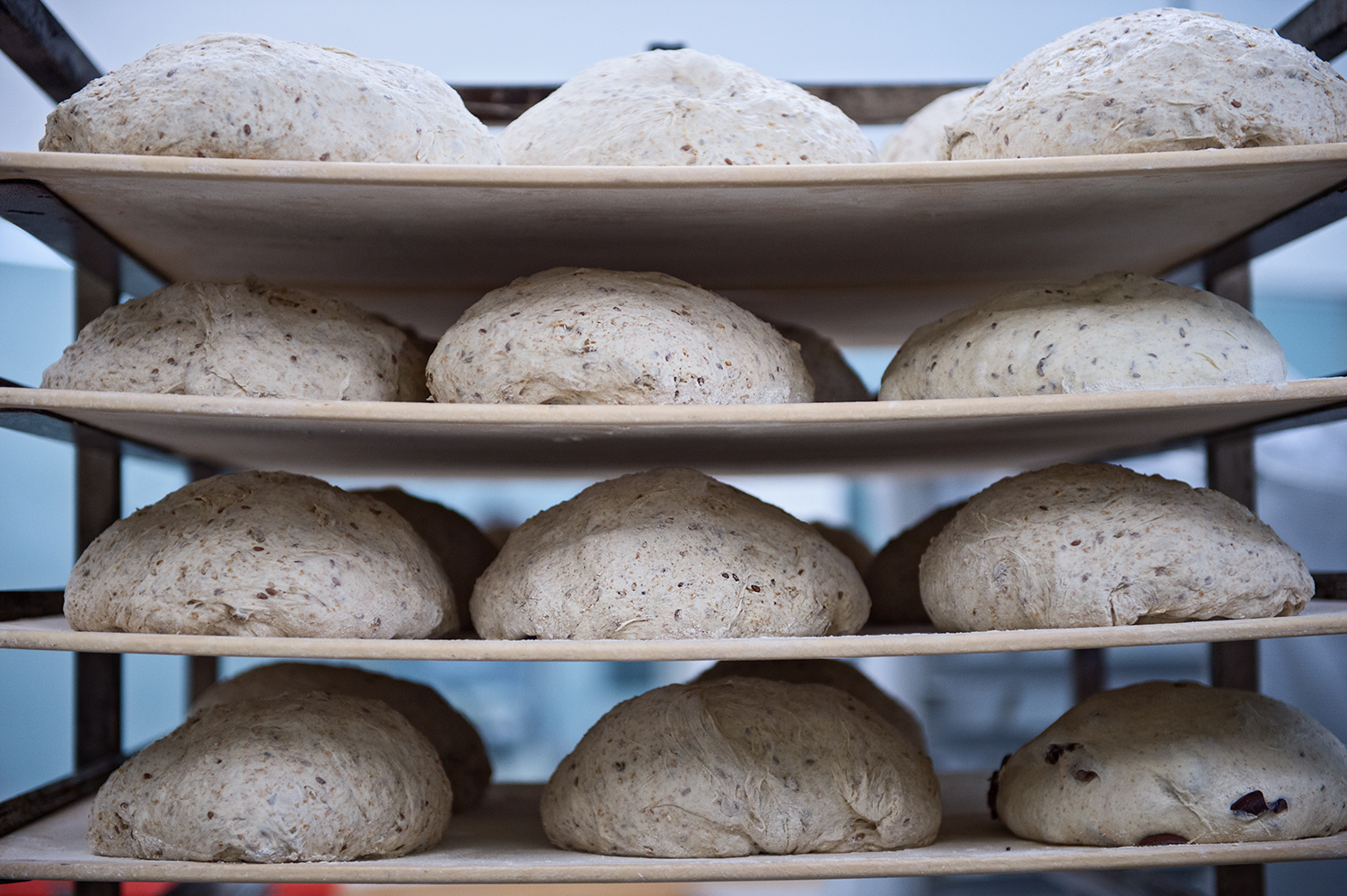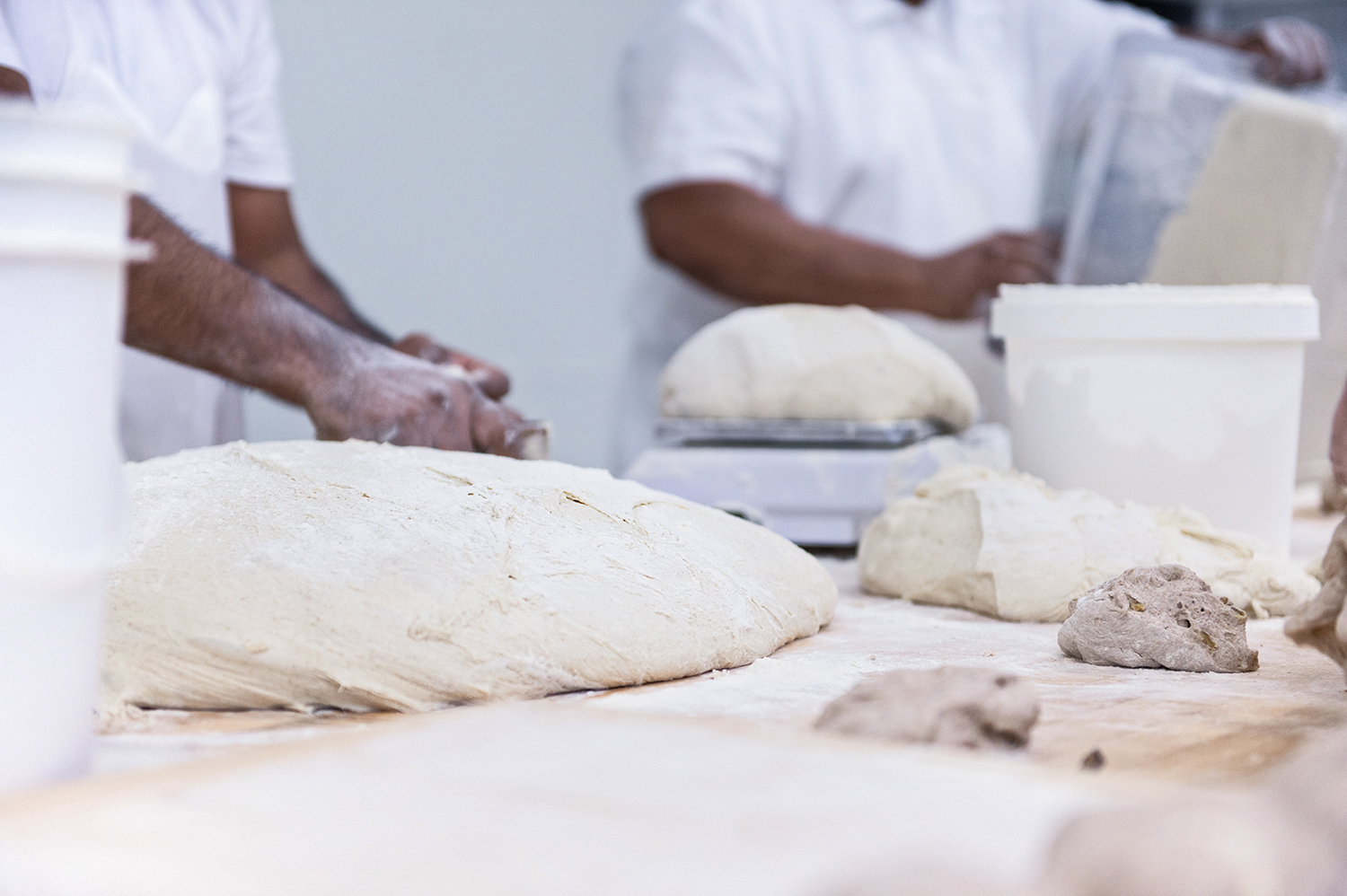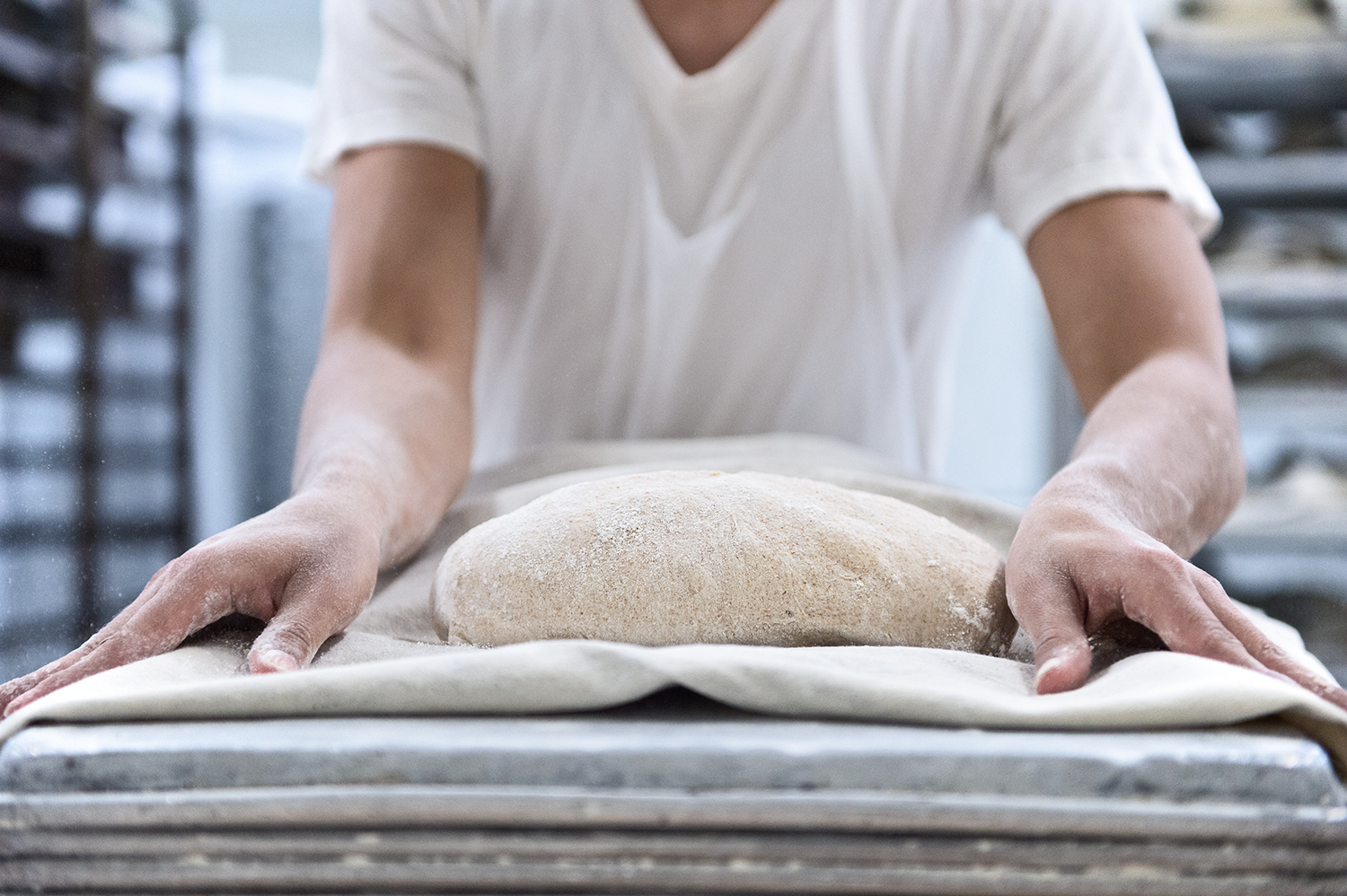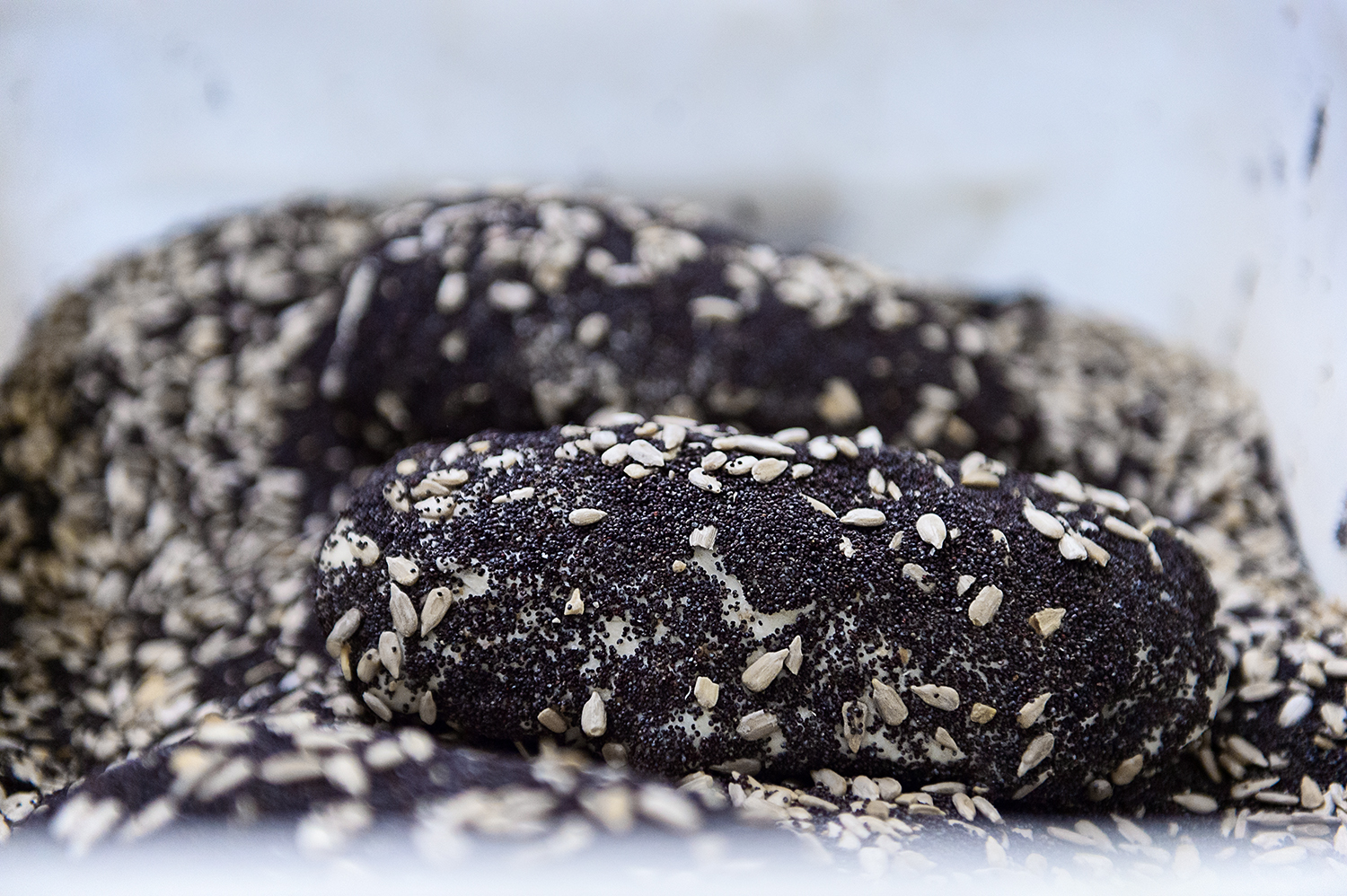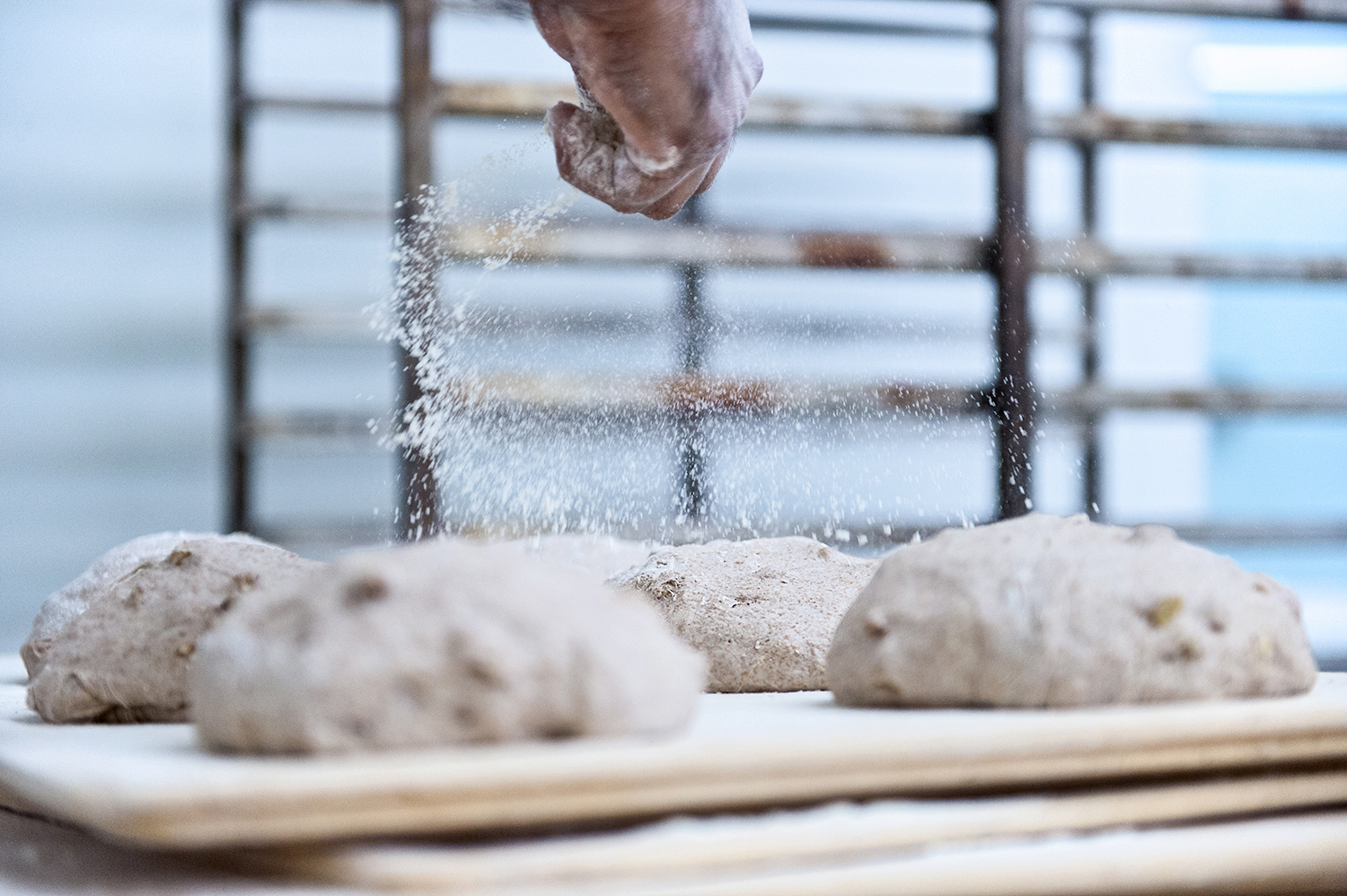Bread Lounge
Throughout history, bread has always been a staple of nutrition. Mixing the simple ingredients of flour, water and yeast in order to produce a delicious loaf of fluffy goodness has made it practical & affordable for families to sustain themselves. It is this fabric of society, and those whom make it, that have inspired this article.
In an exclusive interview with Ran Zimon, founder and baker of Bread Lounge DTLA (located on the corner of 7th and Santa Fe), we presented the query on every bread lover's mind, “What do you make of Gluten Free?”
“It’s a trend and I don’t like trends,” he said slightly amused yet understanding that it had to be asked. “There’s not one scientific study anywhere that has proven gluten is bad for you. It’s the pesticides that are used during the farming process that makes people sick– not the wheat.”
Makes sense to us. With that new information we wondered, “Do you bake with pesticide free wheat?”
“No, it’s too expensive and I would have to charge 12 dollars a loaf,” he concerningly replied.
Ran discovered his love for baking, as he puts it, by mistake. He was living in his home country of Israel when he took a job at a bakery for the simple reason of needing work. About 2 weeks into this new career, he fell in love hands first– baking was to be his calling. For the next few years, he found himself bouncing around the local bakery circuit soaking up all he could… like a fresh loaf of bread.
A moment soon came where ‘apprentice’ turned to ‘baker’ and Ran realized it might be time to open up a shop of his own. Before pulling the trigger on the craziness of owning his own business, he decided he would take a small vacation to Los Angeles. The year was 2000. “I had never been in LA before, and being a baker, I naturally wanted to see bakeries. That’s when I realized that there was a big gap between what’s going on in Israel as far as baking and what’s going on here. I thought I should do something about it.”
With hopes of opportunity, and having met his future wife, Ran moved to Los Angeles. He bought a small mixer, oven and found a space to sublease in a catering kitchen. A friend, who happened to be a developer in Downtown, soon suggested that Ran focus on his wholesale production. However, Ran was reluctant, “I don’t know if I want to do wholesale,” he said to his friend over coffee. “I want a small bakery, kind of a neighborhood feel.” After arguing for a time, Ran ultimately decided to follow his friend’s advice.
He began producing wholesale culminating in a new collection of clients. In the following months his friend called him up once more, “Ran, I want you to come to Downtown. I have a space for you.”
The developer took him to an old industrial space on the corner of Arts District South. At that time, 2009, the neighborhood was almost entirely industrial with very little residential life. Ran thought this find might be a little crazy, “Are you sure?” His friend's response: “Can you afford anything else?” The answer was no, so two weeks later, the lease was signed. As fate would have it Ran’s compadre was right.
Bread Lounge is split into 2 parts. The first is a neighborhood café: an attractive and quiet space for patrons to have lunch or stop in to get their daily loaf. The second is a lesser-known wholesale production warehouse. On any given day, this bakery produces 500 to 700 baguettes... and that’s not counting their specialty loafs, cookies, croissants, danishes, bagels, etc. With clients located anywhere from Downtown to Santa Monica, and now Long Beach, wholesale production seems to be the bulk of their work.
Today, Bread Lounge has become a neighborhood landmark. What was once a strictly industrial sector is now bustling with renewed life and people are simply amazed at how quickly this neighborhood is changing.
“Everybody always asks me, ‘How did you know? You’re a genius,’” Ran says with a smile. “They used to think I was crazy.” We both chuckled. How thin is the line between crazy and genius?
Before ending our interview we asked Ran one final question, “What would you like to see baking evolve or devolve to?” “Mostly I think it’s about education. You know, there's a big difference between bread you buy in the super market and bread that artisanal bakers make. Educating customers to the difference in nutrition is our biggest job. What we put into our bodies is what makes us live… so we should pay attention!”
In one closing thought– if you have a friend with sound advice, you might need to listen.

